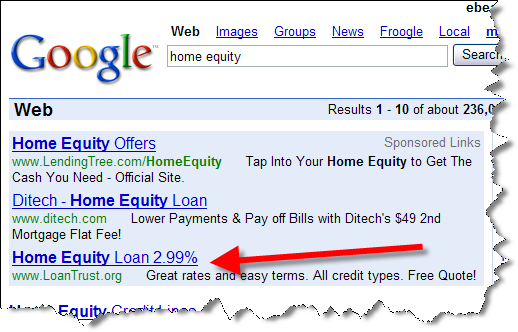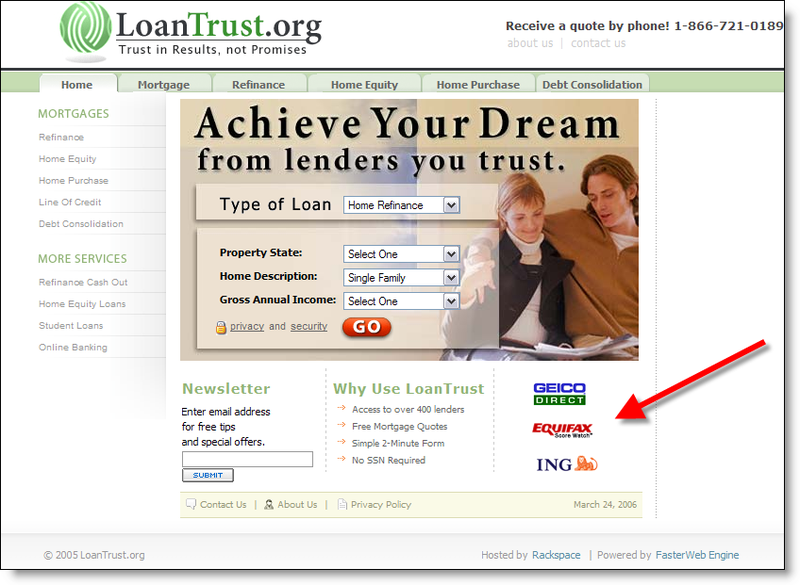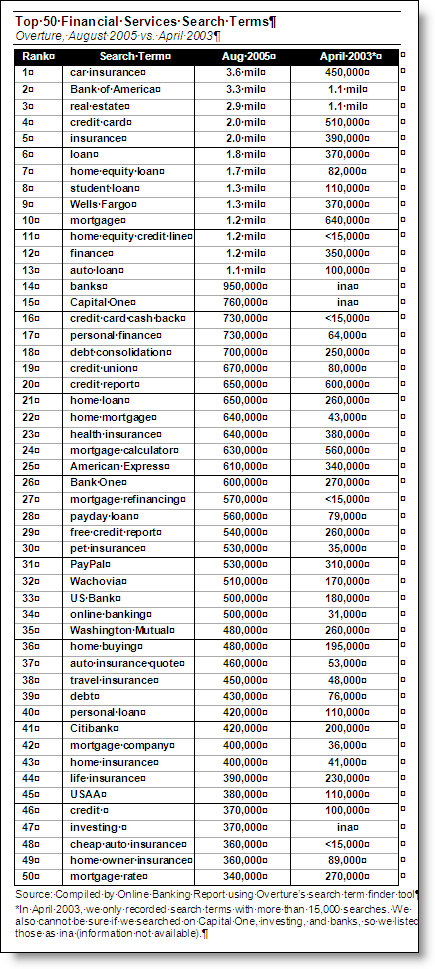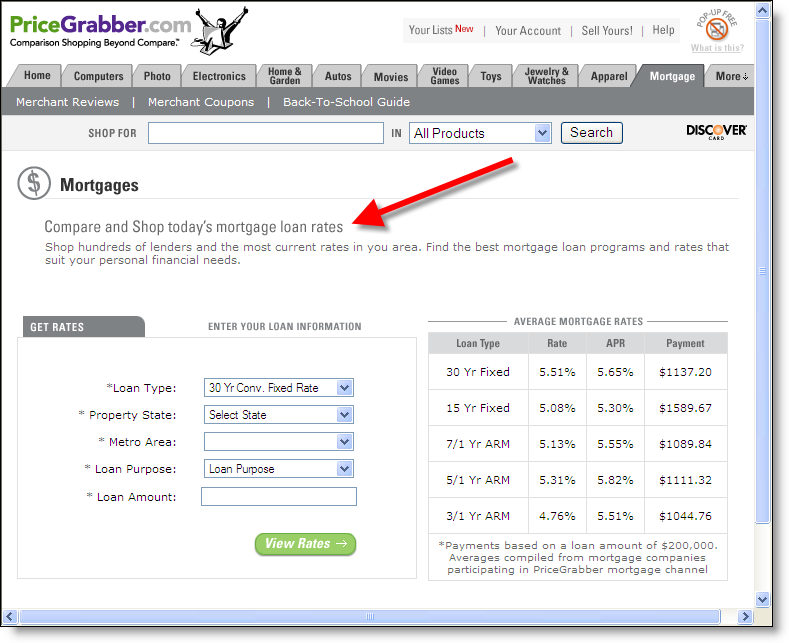Contributed by Mike Bailey, Compete, Inc.
 Every day millions of consumers use the internet to search for new deposit accounts, loans, and credit cards. As a financial marketer you understand connecting to the growing online demand for financial products and services is a competitive necessity.
Every day millions of consumers use the internet to search for new deposit accounts, loans, and credit cards. As a financial marketer you understand connecting to the growing online demand for financial products and services is a competitive necessity.
But what is the most effective way to understand and even predict how a potential customer thinks and behaves online? What search strategies will be most effective to allow you to tap into an online community of potential customers?
To find the answers, Yahoo! Search Marketing sponsored a study, conducted by Compete, Inc., a predictive analytics firm specializing in the financial services industry. The results provide some surprising insights that can dramatically influence your success in attracting and retaining customers.
First let’s look at two of the search “myths” we uncovered:
Myth #1 – People searching for credit online are not good prospects
The first thing we discovered is that consumers who use search to research deposit, loan and credit card products are affluent, have great credit and have a higher likelihood of applying for the products they have searched for than consumers who use other channels for their research. With 49% having an average annual income of more than $60,000, these prospects are 67% more likely to start an application than a typical online shopper and loan searchers are 59% more likely to apply.
Myth #2 – Brand names are not relevant in search marketing because those searching for specific banking institutions must already be customers there
As it turns out, searchers who type in a specific retail bank name are not just looking to log in to their existing accounts. A full 30% are potential new customers researching new accounts. And of those 30%, about 80% are looking for an alternative financial institution. So in search marketing, your brand and the terms associated with it provide three opportunities:
-
Service your own customers
-
Acquire new customers looking for specific services
-
Access competitors’ customers
Most financial institutions have worked hard and spent marketing dollars to build a brand with positive and credible attributes. The good news, as our study shows, is that consumers looking for deposit and loan services hold brands in high regard. Consumers searching for particular brands make more than two-thirds of the search-generated deposit applications in a typical month. And a hefty 80% of credit card shoppers start their online searches with brand names, including the highly advertised brand names that you would expect, as well as partner and affinity cards, such as “air miles card.”
So how do you achieve better results with your online marketing? We recommend three strategies:
-
Establish a balanced portfolio of terms. We have seen that deposit and loan searchers balance the types of terms they use. Credit card searchers, on the other hand, are inclined to research brand-related terms, including partner cards and affinity relationships. As a marketer you will need to adjust your portfolio of keywords and terms to make sure you have as broad access as possible to all potential customers.
-
Leverage brand terms to attract deposit customers. Consumers who look online for major retail bank brands are most interested in deposits and cards and least interested in loans. Create copy that reflects this insight and tailor your incentives toward what your customers want.
-
Measure and reflect offline conversions in search marketing ROI calculations. Without measurement how will you know how effective your efforts are and how to make adjustments? At least 50% of conversion volume occurs offline at a branch or call center, but the bank, product or service was researched online first – so tie your offline transactions to search.
Online search is a powerful consumer tool allowing people to easily find the information they need to make decisions about banking and financial products. As a marketer, make sure to do the research and analysis so you can create the most effective multi-channel and measurable marketing programs.
Mike Bailey is Managing Director of the Financial Services Practice at Compete, Inc., headquartered in Boston
 These search terms, each used millions of times each month (NetBanker Sep. 20, 2005), currently have three ads across the top of the Google search results. In both cases, previously unknown referral agent, LoanTrust.org, is a top sponsor. For "home equity," it’s in the company of two well-known brands, Ditech and LendingTree (click on inset for a closeup).
These search terms, each used millions of times each month (NetBanker Sep. 20, 2005), currently have three ads across the top of the Google search results. In both cases, previously unknown referral agent, LoanTrust.org, is a top sponsor. For "home equity," it’s in the company of two well-known brands, Ditech and LendingTree (click on inset for a closeup).  Clicking through the LoanTrust ad drops users onto a professional looking site that name-drops ING, Geico, and Equifax to build credibility (click on screenshot right for a closeup). But anyone peeking under the covers should be concerned about where their personal information will end up. For example, the short About Us section includes this grammar-challenged sentence:
Clicking through the LoanTrust ad drops users onto a professional looking site that name-drops ING, Geico, and Equifax to build credibility (click on screenshot right for a closeup). But anyone peeking under the covers should be concerned about where their personal information will end up. For example, the short About Us section includes this grammar-challenged sentence: 















